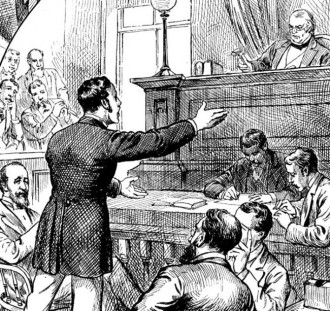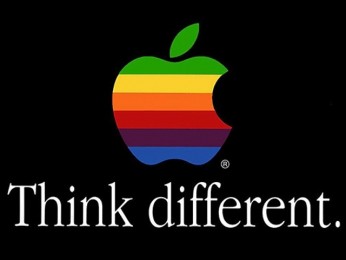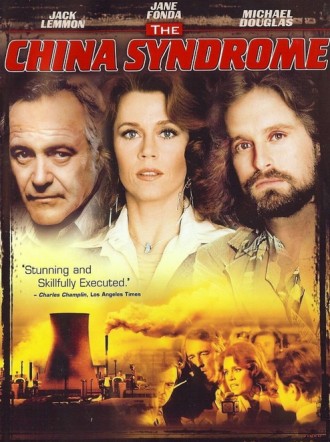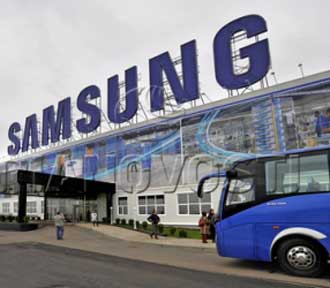 The Tame Apple Press is aghast after a court decided that Apple’s antitrust antics were so important that a class action against the company could continue even if all the official plaintiffs had been ruled as inadmissible.
The Tame Apple Press is aghast after a court decided that Apple’s antitrust antics were so important that a class action against the company could continue even if all the official plaintiffs had been ruled as inadmissible.
Apple lawyers managed to prove to the court that none of the official plaintiffs had owned an iPod 10 years ago and therefore could not have suffered from its competition snuffing DRM. So far it has not had to prove that it did anything anti-competitive, and was hoping to win on a legal technicality.
But the billion-dollar class-action lawsuit against Apple is expected to continue after a 65-year-old Massachusetts business consultant read about the plaintiffs’ floundering case online and volunteered to represent consumers in the suit.
A federal judge said she was tentatively satisfied with a proposal to add Barbara Bennett, the new named plaintiff, in the lawsuit over Apple’s iTunes software and the price of its iPods.
Plaintiffs are claiming that Apple’s restrictive software froze out competitors and allowed Apple to sell iPods at inflated prices. They are seeking $350 million (£224m) in damages, which could be tripled if the jury finds Apple broke federal antitrust law.
Apple stopped using the particular software in question in 2009, which means the lawsuit only covers iPod models bought between September 2006 and March 2009.
Each time an Apple user with non-iTunes music tried to sync their devices, between 2007 and 2009, the tech firm urged them to restore the players to factory settings which the plaintiffs claimed was a deliberate move to wipe the rival files, and cause the users’ music libraries to ‘blow up.’
Bennett, who sometimes used her iPod to listen to music while ice skating, boarded a plane early flew to California at the request of lawyers who are suing Apple. She told the court she bought a special-edition iPod Nano in 2006 because she liked its striking red case.
The Tame Apple press has been doing its best to cover up this set-back for Apple’s defence team. The Daily Mail has been waxing lyrical about how the defence dug up Steve Jobs to testify by video.
“Legendary Apple CEO Steve Jobs held an Oakland courtroom transfixed as attorneys played a video of his testimony in a class-action lawsuit that accuses Apple of inflating prices by locking music lovers into using Apple’s iPod players,” mused the Mail.
“Looking gaunt and pale, Jobs spoke softly during the deposition he gave six months before his death in October 2011. Despite this, he gave a firm defense of Apple’s software, which blocked music from services that competed with Apple’s iTunes store,” it added.
What the Daily Mail did not say was that Jobs had form for anti-trust behaviour and was not the best witness.
Fortune magazine was even more overt in its defence of Apple under a headline “How dumb is this Apple lawsuit?” Fortune claimed that the case was proceeding for the benefit of lawyers and not consumers. Although Fortune did not say how supporting the actions of a convicted monopoly like Apple over a consumer law-suit benefits the consumer either. It seems that Fortune no longer favours the brave.
 South Korea’s Fair Trade Commission is investigating Qualcomm, adding to more antitrust woes for the US chipmaker.
South Korea’s Fair Trade Commission is investigating Qualcomm, adding to more antitrust woes for the US chipmaker.












